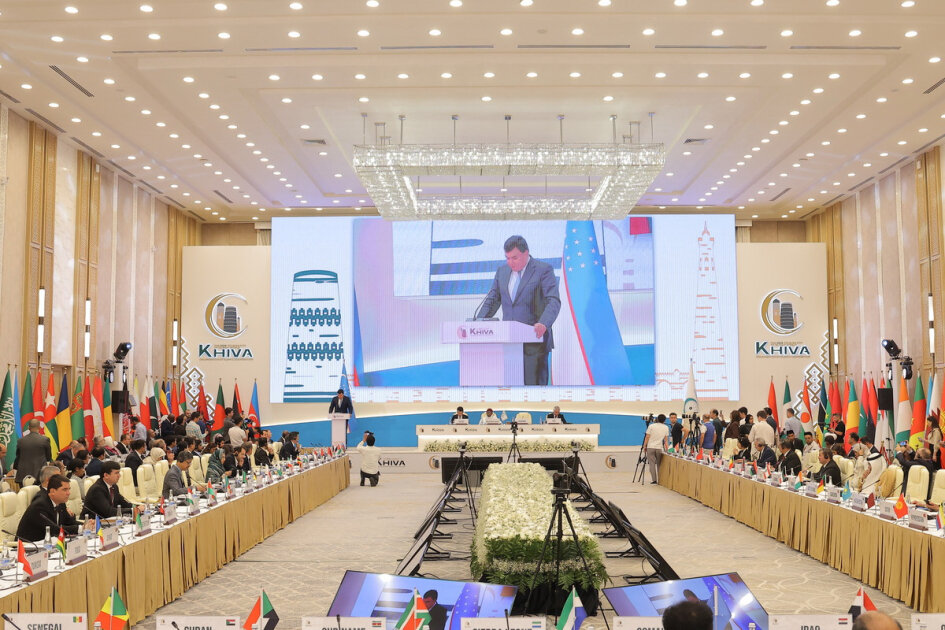Uzbekistan conference highlights sustainable growth and digital shift in Islamic tourism
The historical city of Khiva welcomed delegates from across the Islamic world for the 12th Islamic Conference of Tourism Ministers (ICTM) from May 31 to June 2. Organized in close collaboration with the Organization of Islamic Cooperation (OIC), the conference focused on the theme "Development of the Tourism Industry in a Sustainable and Resilient Way." The gathering highlighted the transformative potential of tourism among the OIC member states. Representatives engaged in various sessions to discuss the development of sustainable practices, digital transformation, and community-based tourism. These strategies are seen as crucial drivers for economic growth and poverty alleviation within the member states.

Based on available data, in 2020, OIC countries faced a dramatic decline in international tourist arrivals due to the COVID-19 pandemic, with numbers dropping to 75 million. However, a gradual recovery began in 2021, with arrivals increasing to 96 million. This upward trend continued into 2022, when the number of international tourist arrivals to OIC countries soared to 224 million. This recovery outpaced the global average, leading to an increase in the share of OIC countries in global tourist arrivals from 12.8% in 2019 to 14.8% in 2022.
Cultural heritage and artistic expression
In conjunction with the 12th ICTM, Khiva hosted an exhibition of paintings by artists from the member countries. The exhibition, themed "Cultural Attractions of the Islamic World," showcased the rich cultural and spiritual heritage of various Islamic countries through the medium of art. The event was attended by notable figures, including the Minister of Ecology, Environmental Protection and Climate Change of Uzbekistan, Aziz Abdukhakimov, OIC Secretary-General Hissein Brahim Taha, ECO Secretary General Khusrav Noziri, and ICESCO Director General Salim AlMalik.
